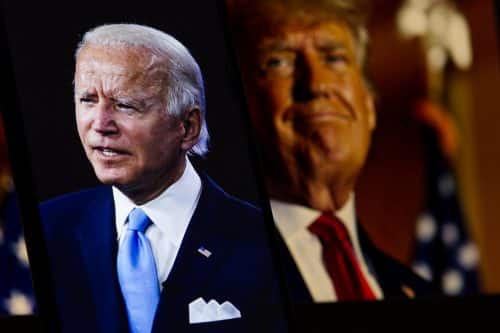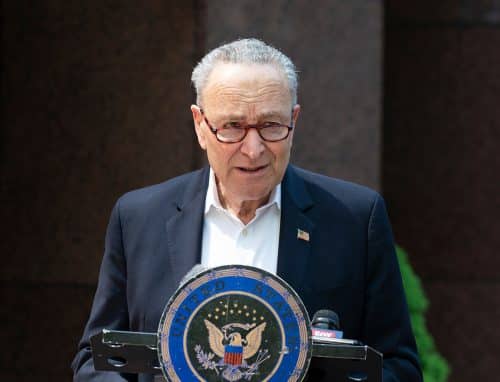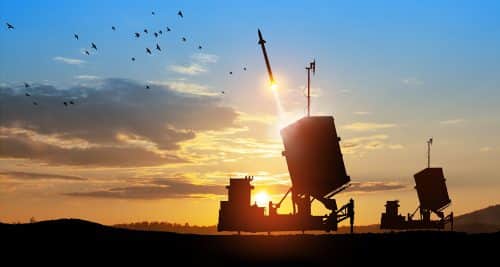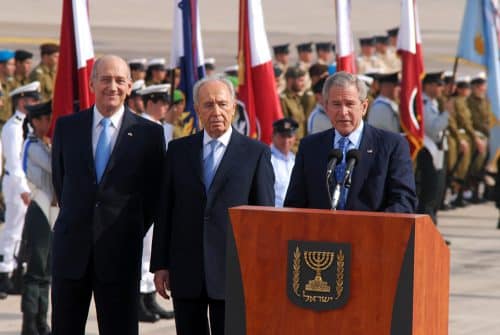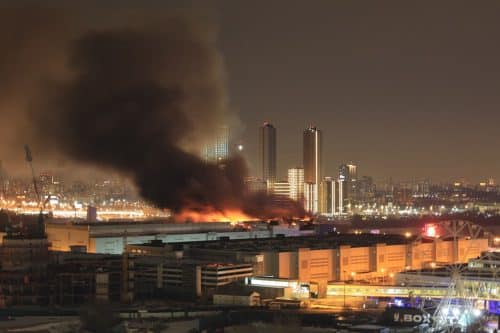
“Y.” arrives at 11:00 on the dot. His stride radiates confidence, but once he’s seated, he looks a little hesitant. Before all else, he wants us to agree on what we’ll discuss, and especially what we won’t. He isn’t accustomed to being interviewed, he explains. And in fact, simply by sitting here and speaking about his service, only two months after retiring from the Mossad, he is implying something about that organization as a whole.
“Once there was no way a senior Mossad official would sit down and be interviewed, but today the organization is much less secretive than it was,” Y. says. “Sometimes it seems that giving up on secrecy in certain areas not only hasn’t hurt but may have helped, but it’s important to understand that any gap in the secrecy can only widen.”
Secrecy isn’t the only aspect that’s different now. It turns out that the Mossad has been through more than a few big changes in recent years. Threats that didn’t exist before, technological advancements, globalization, economic changes, and new social attitudes — all those have influenced the behavior of Israel’s espionage authority, and they still do. “I came to the Mossad in the mid-1990s, and all that interested the personnel then was to serve the nation,” Y. recounts. “It was clear to them why they were there and what they were doing. But today that’s not always how it is.”
“For a new immigrant, nothing could fulfill the Zionist dream more concretely”
immigrated to Israel alone from Europe as a young man, motivated purely by Zionism. He enlisted in the IDF, served a term in the regular army and became an officer, and joined the Mossad as soon as he was discharged. He stayed in that organization for 30 years and retired only a few months ago. During his career, he filled various operational and supervisory positions, and in his final years he was part of the senior command, deputy to the head of a branch. “I did wonderful things that a person can only dream about,” Y. says, and he can’t help smiling. “I think that for a new immigrant, nothing could fulfill the Zionist dream more concretely.”
During his long service, Y. both took and gave field assignments. “I liked both worlds,” he attests. “When I was a field commander, I had a lot more freedom of action because there are decisions that need to be made in real time. On the other hand, there are decisions that only a headquarters officer can make, and that was also an interesting experience.”
“In order to win, hi-tech sometimes needs lo-tech”
As someone who switched among disciplines and held a variety of jobs, Y. deeply understands the way the Mossad works, and he also can identify how the organization has changed over time. He says that one of the most obvious changes has to do with the acceleration of technological advancement during the past few decades.
“The speed of change is enormous,” he says. “If in the past we could estimate developments ten years ahead, today we hardly know what’s going to happen an hour from now. That’s a very challenging position to be in for organizations that are required to work under secrecy.” According to Y. each technological development offers new capabilities but also creates new threats. “Israel is a technological superpower, and we very quickly exploit new capabilities and establish a lead over our enemies,” he continues. “The problem is that we belittle our opponents. We assume that they can’t catch up and achieve the same capabilities. As soon as we identify a new technological advance, we need to learn not only how to use it but also how to protect against it — and on that point, we’re always failing.” believes that such progress triggers another problem, which is overreliance on technological tools. “Without a doubt, we’re depending too much on technology,” he states. “Technology is an important tool, but as soon as it becomes our sole support, we’re in a bad position. We think that technology makes processes more efficient, but sometimes it actually interferes because its development effort consumes a lot of time and resources. Besides that, the technological solutions, however good they may be, don’t have the nimbleness and flexibility that humans have.”
Over recent years, in Y.’s opinion, we’ve become embroiled in a technological arms race, with each side trying to progress past the other. “Our tendency is to constantly push for advancements and sophistication, but the best solution is often to go less technological,” he explains. “If there’s one thing I learned from organizations like Hamas and Islamic Jihad, it’s that in order to deal with hi-tech, sometimes you need to use lo-tech.”

The State of Israel has lost its ability to pay a price
The new Mossad retiree mentions another key change, besides the technological changes, in his organization — the ability to manage risks. “The guiding principle in all Mossad missions is preserving the safety of the team. But in many cases that principle leads to cancelling the mission, or downsizing the objective to the point where the mission isn’t worthwhile,” Y. explains. “There are missions that only the Mossad can undertake, and we’ve completely failed in them because we were afraid of a challenge.”
According to Y., the Mossad’s reluctance to take risks is connected to a broader trend. “I think that over the years, not only the Mossad but the entire State of Israel has lost the ability to take a risk and pay a price,” he says. “In the fifties and sixties, the State of Israel carried out astonishing missions inside enemy territory. It sustained a lot of losses, but it had no choice. With time, and especially after the long occupation of the security zone in Lebanon, the state and the citizens couldn’t bear the grief any more. Then when the Oslo Accords were signed, the population developed a strong sense of hope and a desire for normalization. That hope diverted us from our ideology and our belief in the justice of our path. We began to ogle the countries of the West and to want to resemble them, but we’re in the Middle East — and in the Middle East, the rules of the game are different.”
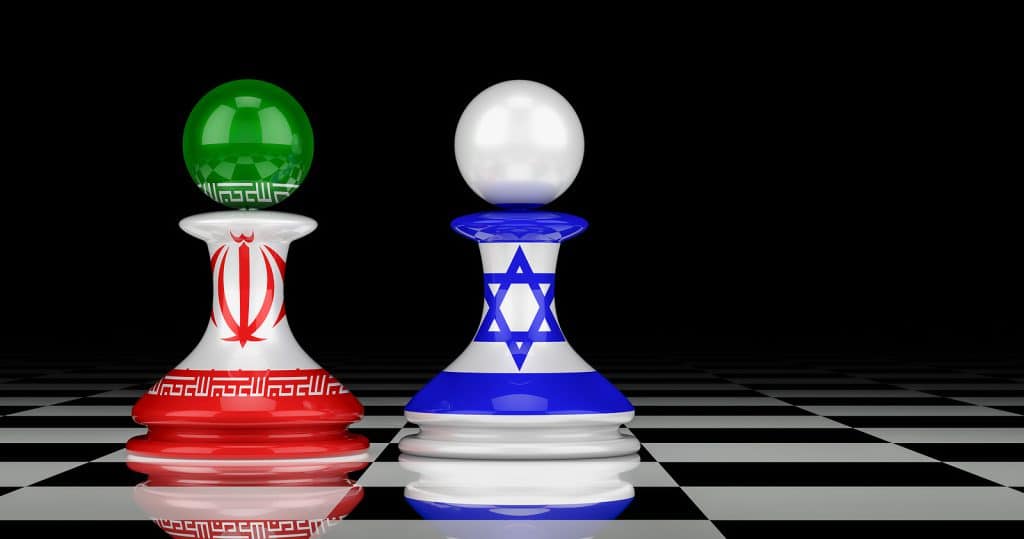
As the streets hummed with the anticipation of a new kind of life, the decision-makers in the government and army succumbed to the influence. “For years we saw commanders and politicians searching for the path that would lead to the greatest of achievements at the lowest price while assuming the minimum of risk,” Y. says. “That’s no way to work. If a country isn’t willing to take a risk and — in, heaven forbid, the worst case — to pay whatever the price is for defending itself, then that country can’t continue to exist.”
The Iranian reactor and October 7: Can we put ourselves in the enemy’s shoes?
As viewed by Y., one of the areas where Israel paid a heavy price for its reluctance to take risks was the issue of the Iranian nuclear reactor. Responsibility for dealing with the reactor rested mostly with the Mossad, and the Mossad did go to great lengths to dispel the danger. However, according to the retired senior official, it could have done more. “The results that we obtained in the last twenty years, when you consider them, aren’t satisfactory,” he says. “We delayed the nuclear program but we didn’t halt it; and as years pass, it becomes harder and harder to close the gap.” adds that even Israel’s successes in connection with the Iranian reactor are, in retrospect, accompanied by problems. “We didn’t take the price of our successful operations into account, and we didn’t consider the implications on the Iranian side. Our enemy has learned very well from our successes, and I don’t think that we were clever enough to imagine ourselves in the enemy’s shoes and accurately understand how Iran analyzes the situation.”
The problem of the Iranian reactor is an important and worrisome one, but currently Israel is focused on the war of “Iron Swords.” The Israeli public, under the shadow of that war, is still demanding to know how the blunder of October 7 came about. Central targets of the trenchant questions are the government, the army, and the Israel Security Agency. The Mossad, in contrast, has been left largely outside that discourse. “The public has scarcely required any accounting from the Mossad, and the Mossad finds that convenient,” says Y. “I think that at the moment the organization is pretty successful at equivocating.”
Although the Mossad concentrates on threats that are far off geographically, it isn’t automatically excluded from responsibility for the fiasco. “Certainly someone needs to investigate whether there was an intelligence failure at the Mossad as well,” Y. emphasizes. “Did any player from the outer circle, such as Iran or Qatar, influence the events? If the Mossad could have uncovered activity far away that led to the disaster of October 7, then the Mossad failed.” cautions that his Mossad service hasn’t necessarily made his opinions more correct than an outsider’s, but he will try nonetheless to answer the gnawing question: Why doesn’t Israel eliminate the leaders of Hamas?
“I always claimed that targeted killings are the State of Israel’s national sport,” he says. “It suits us to channel our resources there because targeted killings make a good impression and bring press coverage. But for the most part they don’t really prove themselves. The results don’t meaningfully improve national security. Other solutions would be more effective, but we don’t favor them because they’re complicated and lengthy and, in the end, they don’t create the same big impression. There’s no denying we’ve fallen in love with the wrong practices.” emphasizes that in most cases targeted killings are the easy solution and that, in his opinion, Israel certainly could have eliminated the Hamas leaders as well: “The State of Israel can do anything. The Hamas leaders are alive only because the State of Israel, for various reasons, lets them live,” he avers. “But it has to be understood that in terms of politics and security, the story with Hamas is very complicated, particularly because the conflict is so close to home. Any assassination of a top figure, and certainly of Sinwar, will bring a response, and so it’s a heavy decision to take. What’s more, there’s no telling who will replace those top figures and what implications will come out of appointing them. Personally, I don’t think that eliminating one leader or another will make a significant difference. Hamas won’t collapse just because its leaders are eliminated. Its infrastructures need to be eliminated, and that’s already a much more complicated job.”
The government’s organizations have forgotten their purpose
served at the Mossad until only a few months ago, so he knows its current incarnation well. Despite his great love and appreciation for the organization where he learned and grew professionally, he finds much to criticize.
“When I came to the Mossad, there was much more humility. Nothing was a matter of ego. We came to serve the country and not to trumpet what we were doing,” he says. “Today secrecy doesn’t come so naturally.” explains that the wall of secrecy is cracked not only by the personnel but also by the organization itself. “The Mossad started to develop a brand for itself, deliberately and actively,” he says. “That branding is important, because ultimately the Mossad is competing with other security services to have staff positions authorized, filled, and equipped. The problem is that in the attempt to emphasize its importance, the Mossad is tempted to look for quick accomplishments. That’s a game that generates corruption, and it’s turned the Mossad from a patriotic organization into a bureaucracy that’s less concerned with serving the country than in nourishing itself.” is not sparing in his criticism of everything connected with the use of resources. “No government organization is an efficient organization. They all waste money and maintain superfluous jobs. Every organization is just trying to justify the salaries it was allocated and looking for ways to use up its entire budget, even if it means spending money inefficiently.”
He goes on to say that inefficiency is another indication that patriotism has been replaced by bureaucracy. “When you’re part of a government organization, you’re responsible to the citizens of the State of Israel, because you’re using the citizens’ money and taking resources that could have been used elsewhere,” he says. “I think that the government organizations are no longer conscious of that. Their work plans are tailored to their own needs and not necessarily to what has to be done. They’ve forgotten their purpose and forgotten who it is they’re serving.”
The solution to the problem, in Y.’s opinion, must include incentives for efficiency, and external inspection as well. “As of today, the Mossad has no incentives encouraging efficiency and economy. What it has is the opposite,” he says. “And in addition, it has no inspection from outside. With the excuse of secrecy, the Mossad answers primarily to itself — and regarding only those things that it doesn’t mind answering for. There’s no alternative to bringing in external inspectors who have the appropriate clearance and creating a balance between secrecy and transparency.”

“I was rewarded with a great life”
Although Y. was careful to arrive for the interview on time, he never checked how long it was taking. In his new life, he isn’t hurrying anywhere. That’s a situation very different from everything he experienced over the three decades before. “In organizations like the Mossad, the tendency is to work 24/7,” he says. “The job doesn’t really end when you leave the office, because there are tasks that you can’t set aside. As a commander, you carry a heavy responsibility; and a mistake can be very costly. At my busiest, I was required to make one or two hundred significant decisions a day. Besides that, the nature of our work means we travel abroad a lot. There were years when I was out of the country 150 days.” admits that the pressure and the travel interfered more than once with his personal life. “It’s no coincidence that I’m divorced,” he said, chuckling casually but quickly serious again. “My children remind me all the time how many important events in their lives I missed, and that’s painful. Today the Mossad makes quite an effort to narrow the gulf between work and family, but I don’t know whether that’s really possible. At the end of the day, whoever signs up at the organization has to know that the personal price will be heavy.”
In retrospect, Y. would have been glad to spend more time with his children. But he refuses to live in the past. “I don’t believe in regrets. There’s nothing useful about them,” he says. “The bottom line is I’d choose the same career again, without hesitating. It was a great privilege to serve at the Mossad. I did amazing things that only a few people have a chance to do, and I was rewarded with a great life in the Land of Israel.
Since leaving the Mossad, Y. has been concentrating on master’s degree studies; and he doesn’t rule out continuing for a doctorate. Besides being a student, he is a recently enrolled member of the IDSF. “I identify with the ideas the movement is based on, and I agree with most of its principles,” he says. “I found it important to join, because I believe there aren’t enough organizations that are able to counterbalance the opinions that appear in the mainstream media and the time has come to give a boost to the messages that come from other viewpoints too.”
